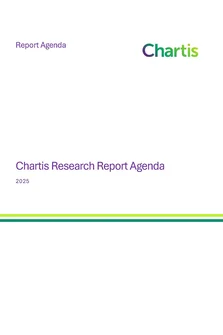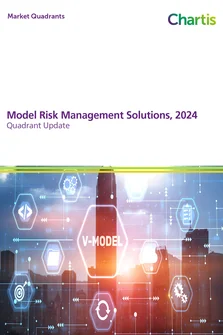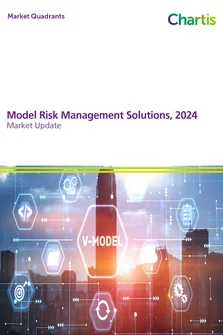<p>The global financial crisis has created increased public and regulatory will for improved transparency and accountability in the financial sector. Part of this concerted push to tighten regulation on financial institutions has been the introduction of the new International Financial Reporting Standards (IFRS). These new accounting standards, issued by the International Accounting Standards Board (IASB), issued partly to replace the International Accounting Standards (IAS) (in particular, IAS 39, which governed the accounting of financial instruments, will be replaced) and partly to complement the existing standards (for example, by adding new standards, such as IFRS 4 for insurance contracts).</p>
<p>The introduction of new accounting standards will affect all business sectors, but financial institutions will have a particularly difficult transition to the new standards. This is largely because of the changes made to the criteria for measurements of financial instruments and the increased burdens they place on financial institutions. Financial institutions must submit more data at more frequent intervals and must perform more complex calculations, some of which will require the use of risk data.</p>
<p>Some financial institutions, especially those adopting IFRS for the first time, believe that these standards will only constitute an additional reporting requirement, and will not require major changes to their finance department. To believe this would be a mistake. The new calculations and disclosure requirements mean that financial institutions will need to re-organize and streamline their finance departments, make their accounting function more dynamic, and integrate their risk and finance functions. Risk and finance integration will be particularly important, as the new standards create such a large overlap (although there will still be differences) between the two functions.</p>
<p>The new data, calculation, and process requirements will force firms to have a strong technology system in place. While the necessary technology will involve short-term costs, in the long-term the ROI will be worthwhile. This report covers the specific technologies required for financial institutions to transition successfully to IFRS, including integrated data models, support for risk and finance integration, real-time cashflow engines, multi-GAAP ledger functionality, and event-based accounting engines.</p>
<p>In addition, the report covers the competitive landscape. As this is such an important market, it is unsurprising that many vendors are advertising “comprehensive IFRS solutions”. However, there is significant confusion among risk technology buyers as to what constitutes a comprehensive IFRS solution because of the complexity of the standards and the plethora of competing claims made by risk technology vendors.</p>
<p>This report attempts to clear up this confusion by using Chartis’s recently introduced RiskTech Quadrant™ to help to throw light on the market. The RiskTech Quadrant™ uses a comprehensive methodology of in-depth independent research and a clear scoring system to help explain which technology solutions meet the needs of<br />
various financial institutions. The RiskTech Quadrant™ does not simply describe one technology solution as the best IFRS solution; it has a sophisticated ranking methodology to explain which solutions would be best for buyers, depending on their implementation strategies and business needs.</p>
<p>This report covers the leading vendors offering IFRS solutions for financial institutions, including Fernbach, Fiserv, Microgen, Moody’s Analytics, Oracle, SAP, SAS, TPG Software, and Wolters Kluwer.</p>
Only users who have a paid subscription or are part of a corporate subscription are able to print or copy content.
To access these options, along with all other subscription benefits, please contact info@risk.net or view our subscription options here: http://subscriptions.risk.net/subscribe
You are currently unable to print this content. Please contact info@chartis-research.com to find out more.
You are currently unable to copy this content. Please contact info@chartis-research.com to find out more.
Copyright Infopro Digital Limited. All rights reserved.
As outlined in our terms and conditions, https://www.infopro-digital.com/terms-and-conditions/subscriptions/ (point 2.4), printing is limited to a single copy.
If you would like to purchase additional rights please email info@chartis-research.com
Copyright Infopro Digital Limited. All rights reserved.
You may share this content using our article tools. As outlined in our terms and conditions, https://www.infopro-digital.com/terms-and-conditions/subscriptions/ (clause 2.4), an Authorised User may only make one copy of the materials for their own personal use. You must also comply with the restrictions in clause 2.5.
If you would like to purchase additional rights please email info@chartis-research.com


